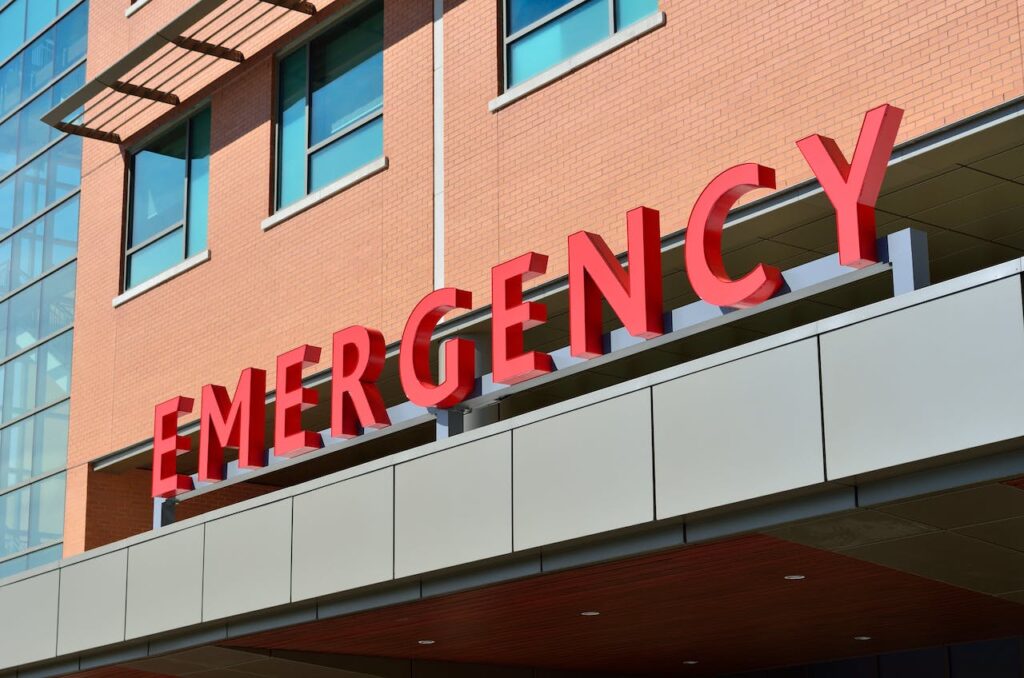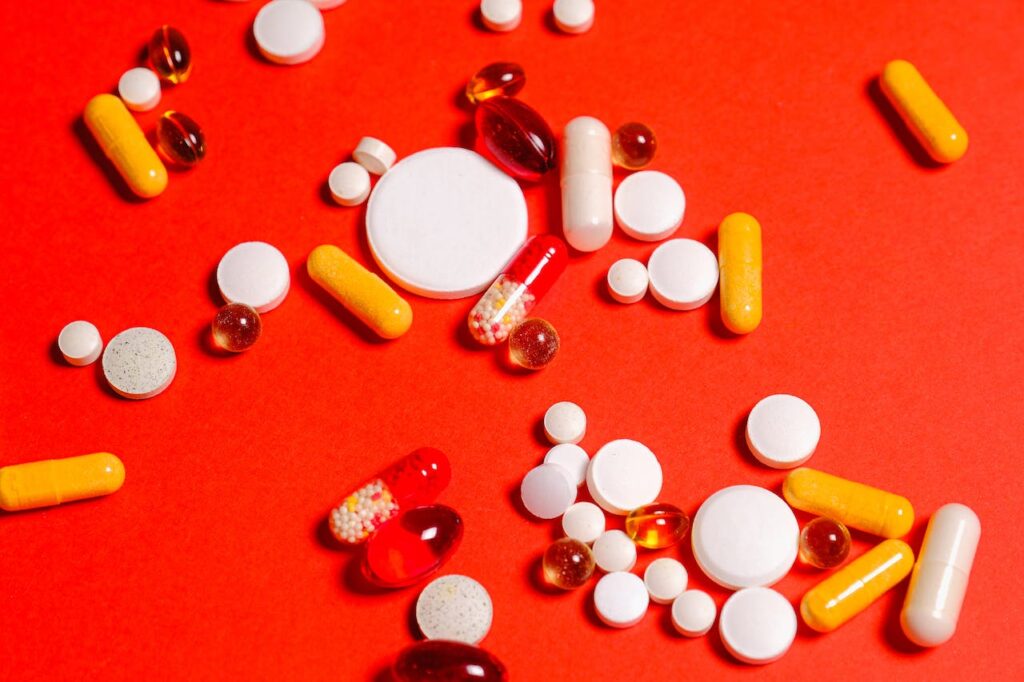You might have heard of the word “overdose”, but are you aware of its medical definition and the treatment plans available if it happens to you or with the people that matter to you? In this post, allow us to help you gain some significant information about overdose. Educating yourself in this life-threatening situation is the first step towards prevention and cure.
Overdose happens when you have consumed a substance more than the recommended or prescribed amount, intentionally or accidentally. It may result in death when not treated immediately and properly. The level of overdose you might experience depends on the type of drug you have taken. This also results in several negative short-term and long-term consequences to your body.
In this blog, we will discuss what to do during overdose emergencies, medical treatment options, and preventive actions.
Why Does an Overdose Happen?
An overdose happens when a person takes an excessive amount of a substance, such as drugs or alcohol, beyond what the body can safely process. This can occur accidentally or intentionally.
Overdose can lead to mild, moderate, or serious health concerns depending on how much more and the type of drug or alcohol your body has consumed. Some of the most common causes of overdose are the following:
- Ingesting excessively high dosage of a substance
- Mixing different types of medicines
- Having an alcohol or drug addiction
- Experiencing a mental health disorder
- Storing the substance in a wrong manner
Recognizing the Signs
The signs of overdose depend on the person, type of medicine or alcohol, and amount taken. The most common symptoms of this case are:
- Dizziness
- Nausea and vomiting
- Severe stomach pain and abdominal cramps
- Diarrhea
- Limp body
- Blue fingernails or lips
- Loss of consciousness
- Agitation
Immediate Response to an Overdose

You should try your best to stay calm and act as quickly as possible when a person you are in the same room is suspected to have an overdose. In this case, call 911 immediately. If possible, provide the call responder with the substance information the person took.
Contacting professional emergency services providers promptly is crucial in saving the life of the patient and in reducing severe impacts of the condition.
While you are waiting for the responders to come, you may follow these first aid measures:
- If the patient is not breathing or breathing weakly, you must conduct a cardiopulmonary resuscitation (CPR).
- Collect the medicine the person has consumed or the packaging of the drugs and give it to the emergency team when they arrive.
- Monitor the patient’s condition, especially his/her breathing.
- Avoid making the person vomit what he/she has taken.
- Do not give them any drink or food.
Medical Treatment for an Overdose
The medical treatment for this situation depends on what drug you have taken, how much amount you have consumed, when and how long the substance has been in your body, and what are the effects the drug has on you.
Hospital Care: What to Expect in a Medical Setting
After receiving your first aid, and you have finally arrived at the hospital, the medical team will conduct a full assessment that includes some laboratory tests, physical examination, and psychological evaluation. The detoxification after overdose occurs by providing you with an activated charcoal. When needed, they might give you an antidote like naloxone.
Medications Used
Your overdose medication depends on the type of substance you have consumed. One of the most common drugs used in addressing this emergency situation is Naloxone.
The Food and Drug Administration (FDA) approved Naloxone to provide medication for patients who have symptoms of opioid overdose. This drug temporarily reverses the effects of an opioid overdose. After receiving naloxone, it is important you obtain medical intervention as soon as possible.
Monitoring and Recovery
For continuous treatment from overdose, it is vital you take actions that could maintain a good health and recovery from this emergency event. Our brains have a delayed recovery process after a drug overdose, according to the National Library of Medicine. The substance might last one to two weeks before it finally leaves the brain. Always be mindful of what you take in and its dosage. Follow your physician’s advice.
According to the MN Department of Health, 90% of the patients are still receiving prescription opioids even after the overdose has been treated. If the cause is addiction, undergoing a recovery program and attending social support group sessions might benefit you.
Preventing Future Overdoses
To reduce the risk of experiencing another overdose, it’s important to adopt certain precautions. These include practicing mindful usage of substances, avoiding the combination of different drugs, and strictly adhering to the guidance provided by your physician. By taking these steps, you can significantly lower the chances of a future overdose or lessen its severity.
The prevention tips mentioned above might only work for non-severe situations. For cases like drug addiction, a more holistic approach, such as substance abuse counseling is much needed. Every person has an opportunity to change their lives for the better. You may contact the nearest rehabilitation facility near you.
Conclusion

You are not alone. Connecting with your family or having a support group will also help you regain strength and life purpose. Roots Through Recovery offers a variety of services and programs, such as Intensive Outpatient Program for long-term care for mental health or substance use disorders. Through these strategies, you can adapt healthier coping mechanisms in life’s tough situations and harmful thoughts will be more manageable.
Allowing yourself to have the education on some basic information about drugs, their proper usage, their possible short and long term effects, and risks are all important in preventing harmful situations, like overdose, from occurring.
Take the opportunity to live a healthier and more meaningful life with rehabilitation centers, like Roots Through Recovery, always ready to help and listen to you. Contact us today!


